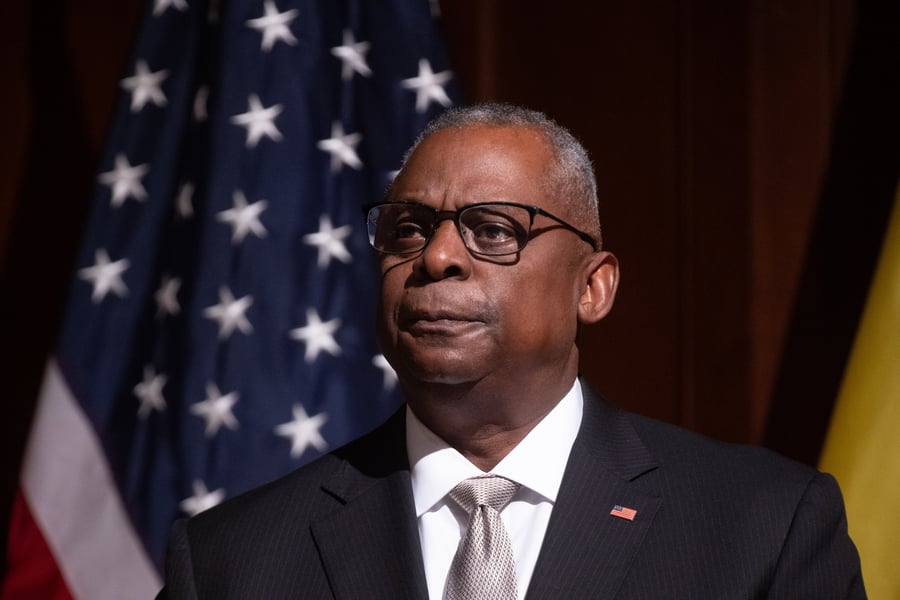
Despite the White House urging Israel not to harm Iran's oil facilities or nuclear sites due to fears of a wider regional war, Israel has so far refused to provide the Biden administration with details about its plans to respond in Tehran, according to official US sources who spoke to the Wall Street Journal this morning (Wednesday).
According to rumors, US officials hoped that Israel would tell them what it intends to do during Defense Minister Yoav Gallant's planned visit with US Secretary of Defense Lloyd Austin at the Pentagon, but Netanyahu cancelled Gallant's trip last night as Israel continued planning its Iran op.
US officials say they still in the dark about both the timing of the attack and the targets Israel might aim for.
Last month, Israel eliminated Hezbollah leader Hassan Nasrallah without telling the US first. The bombing happened when Washington hoped to complete a ceasefire plan between Israel and Lebanon, and seriously surprised senior administration officials. "Excuse me, what did you say?" Austin asked when Gallant updated him during the conversation about Nasrallah's elimination, according to the Americans.
The second time they spoke that day, Austin asked Gallant if Israel is ready to be "alone" in defending itself, given the lack of coordination with the United States.
Senior US Defense Department officials told the newspaper that Austin was frustrated because America didn't have enough time to prepare in advance for the attack and position its forces accordingly to protect Israel or American soldiers nearby.
The US Central Command General and the person responsible for American military operations in the Middle East, Eric Kurilla, met Gallant and other senior military commanders in Israel last Sunday to warn Israel not to attack Iran's nuclear sites or oil fields.
Austin and Gallant have been in close contact over the past year, often speaking several times a week by phone, and they generally have a good relationship.
But US officials fear that Israel's response to the Iranian missile attack could be on a much larger scale than its response in April after the drone attack - this time Israel might attack Iran's military and intelligence infrastructure, and the Biden administration hopes that this time they will receive more information about the attack that could lead to greater US military involvement.















2 Comments